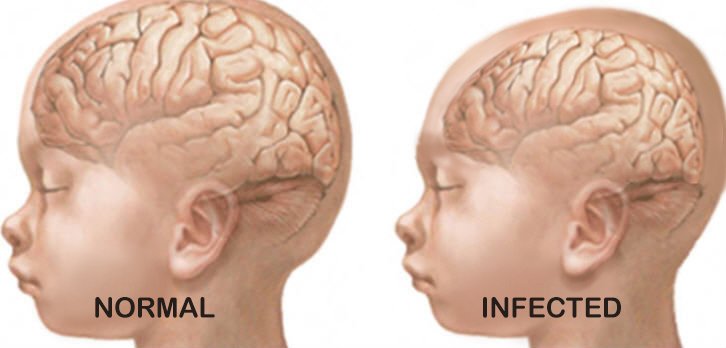The Zika Virus summarised
February 15, 2016, no responses, by: Women Health Center, Tags: zika fever, zika virus pregnancy, zika virus symptoms, zika virus treatment
The Zika virus is a Flavi-virus similar to the type of virus that causes Dengue Fever.
It is spread by the Aedes aegypti mosquito and is now thought to be prevalent in up to 30 countries around the world including of interest to New Zealanders, the Polynesian Islands.
Although the link between Microcephaly and the virus has not been definitely established the evidence is hard to ignore and the WHO has taken to issue warnings in this regard however they have offered some reassurance in declaring that “Most women in Zika-affected areas will give birth to normal infants.”
Microcephaly is a condition where a foetus’s head does not grow to a normal size and does not continue to grow even after birth. It appears that in these cases there is also an increase of cerebro-spinal fluid with a decrease in brain tissue.
This results in developmental delays, fits, problems with vision, hearing and swallowing.
It was initially thought that the virus was transmitted only by mosquito bites but over the weekend evidence has emerged that the virus can be transmitted by sexual transmission as well. This has only been based on 3 cases and the CDC has also stated that there has been insufficient information to draw any conclusions regarding breast milk, saliva and urine.
The recommendations are
- Avoid travel to areas if you are contemplation pregnancy
- Take precautions against mosquito bites if you are in these areas, including using EPA registered insect repellants, and covering up, using permethrin-treated clothing, and staying in air conditioned and screened in rooms. These mosquitoes are both indoors and outdoors and bite mostly during the daytime so protection is necessary all the time.
- Use condoms or avoid intercourse with a male partner who has travelled to a Zika infested area.
- It was initially suggested that any women who was symptomatic should be tested within 2 weeks of their return from a Zika infested area but the latest recommendations are that this should be done on any women returning from these areas.
Testing in New Zealand involves bloods and this is currently forwarded by our laboratory to Wellington for testing.
Get more detailed information about Zika Virus here.
Categories
- Endometriosis (3)
- Female Sexual dysfunction (1)
- General (7)
- Incontinence (1)
- Infertility (2)
- Interstitial Cystitis (1)
- Menopause (5)
- Overactive Bladder (1)
- Polycystic Ovaries (1)
- Surgical (2)
Archives
- October 2017 (2)
- March 2017 (1)
- March 2016 (1)
- February 2016 (1)
- November 2015 (3)
- October 2015 (5)
- September 2015 (1)
- August 2015 (2)
- July 2015 (3)
- March 2015 (2)
- January 2015 (1)
Recent Posts
- How Accurate is biopsy sampling in Endometrial Cancer?
- Hormone Therapy: WHI study Follow up reveals no change in Mortality after 18-Year
- How to manage Interstitial Cystitis/Bladder Pain Syndrome?
- Potential Benefits of Diagnosis and Treatment on Health Outcomes Among Elderly People With Symptoms of Overactive Bladder
- The Zika Virus summarised




Leave a Reply